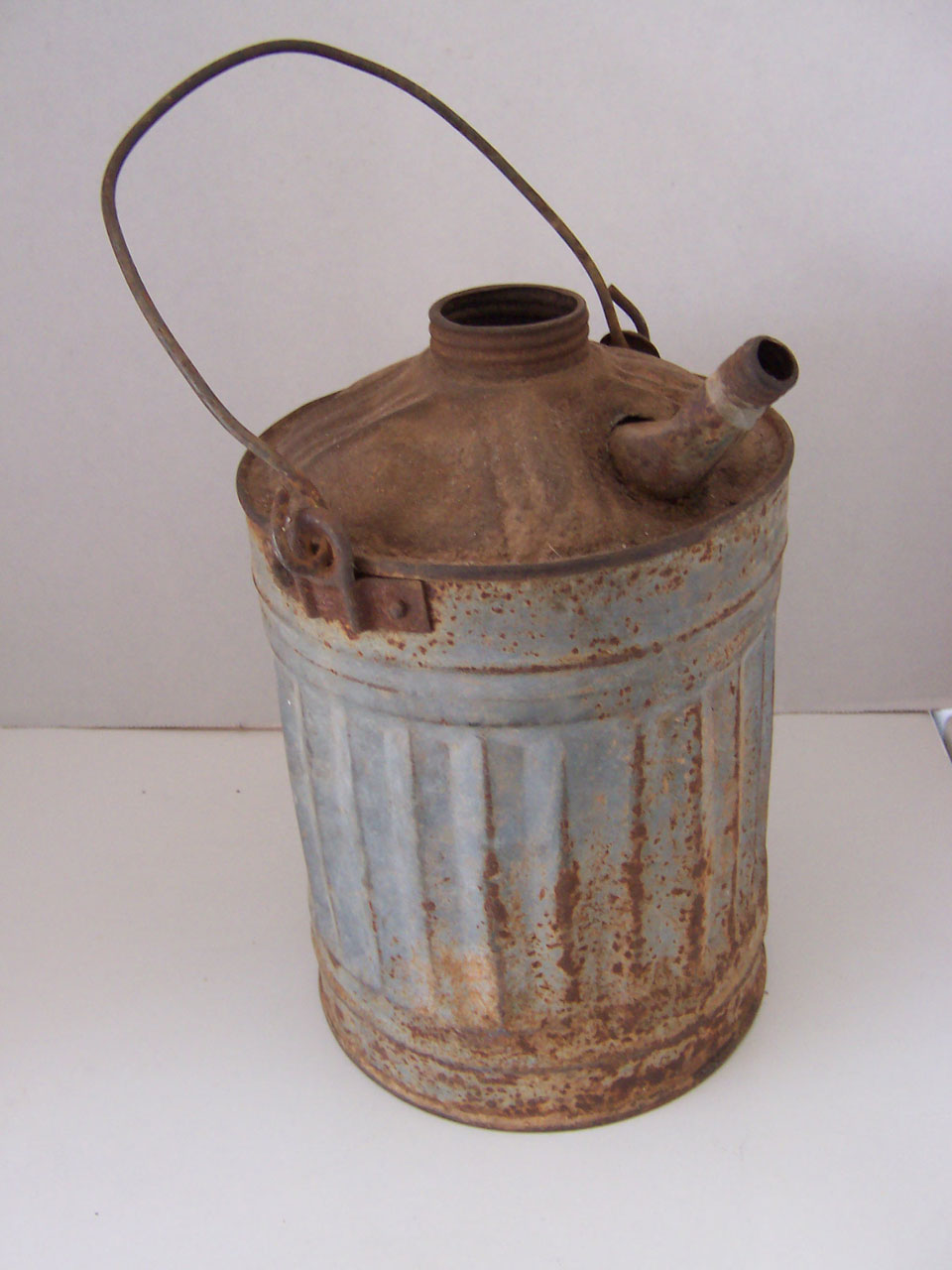
Old Gas Can Free Stock Photo Public Domain Pictures
Turkey Doesn't Have to Cause Excess Gas. Turkey is a nutritious and tasty protein that, when prepared properly and paired with gut-friendly foods, doesn't have to leave you gassy or bloated. Follow these tips to help optimize your digestion and enjoy turkey without unwanted side effects.
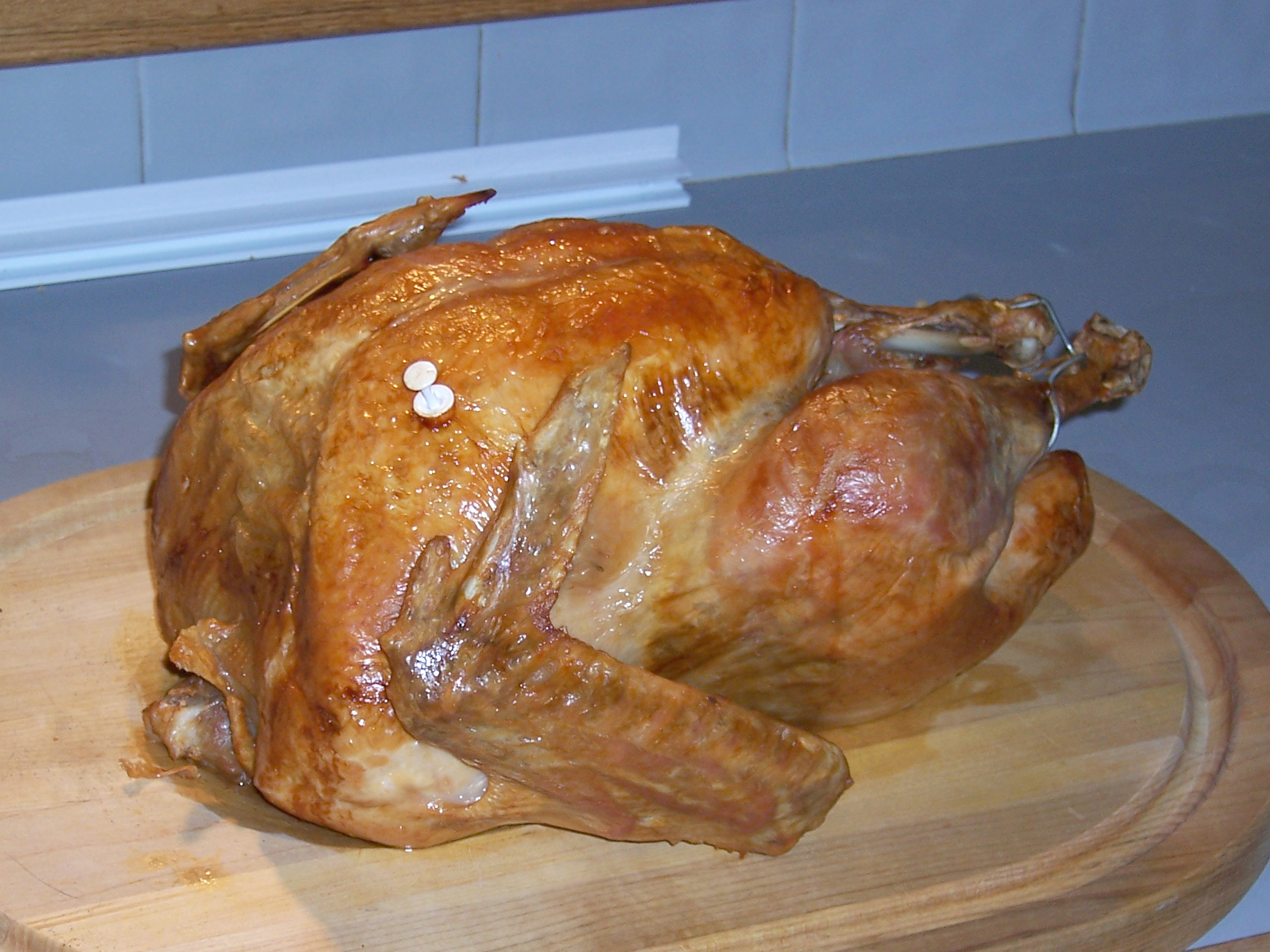
FileThanksgiving Turkey.jpg Wikipedia, the free encyclopedia
In addition to avoiding foods that cause gas, certain foods are less likely to result in gas and bloating, including: Eggs. Meat, poultry, or fish. Vegetables such as lettuce, tomatoes, zucchini, and okra. Fruits such as cantaloupe, grapes, berries, cherries, and avocado. Olives. Gluten-free bread.
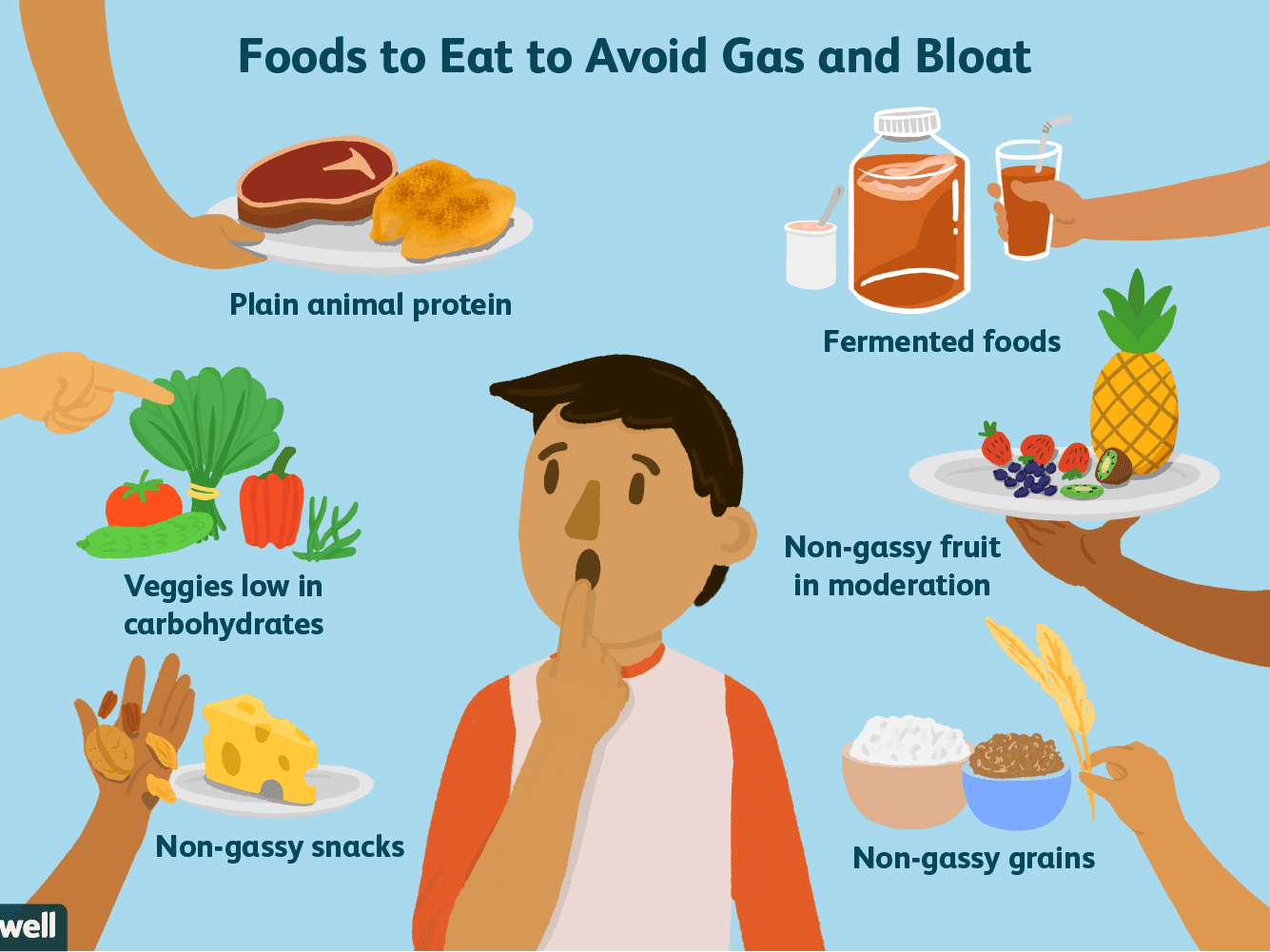
What foods give you smelly gas? [2022] QAQooking.wiki
For example, deep-fried turkey or turkey that has been heavily seasoned with spices or herbs can be more difficult for the body to digest, leading to increased gas production. Additionally, eating large quantities of turkey, especially in combination with high-fat side dishes, can exacerbate the issue.
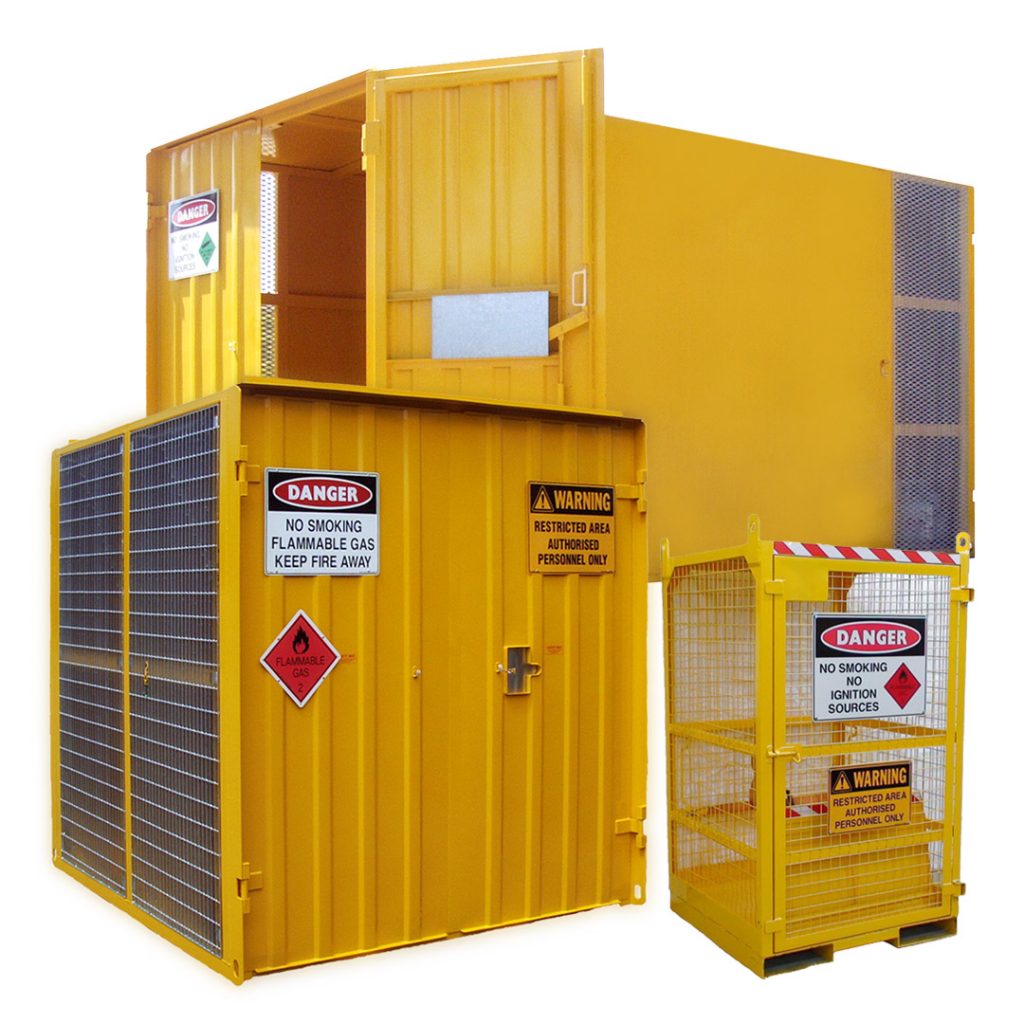
Gas Cages Trafalgar Safety
13. Beer. Beer is a carbonated beverage and a common culprit of bloating. This is because beer is made from sources of fermentable carbs like barley, maize, wheat, and rice, along with some yeast.

Crime Dave Tumblr Gallery
Oats and whole wheat bread. Whole grains make you gassy for the same reason the vegetables listed above do: they're equally high in fiber. You don't want to skimp on fiber, though, since it.
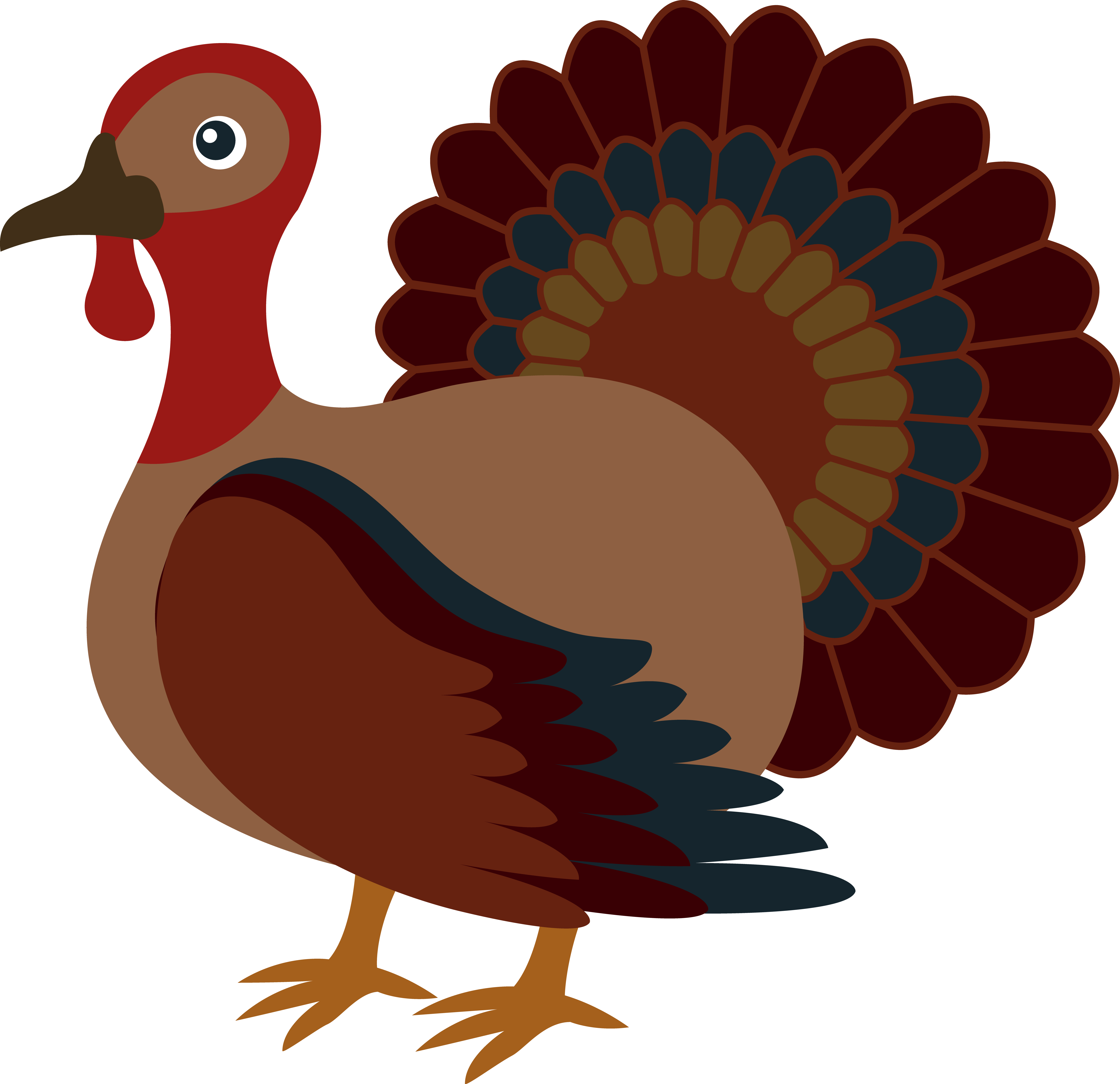
Thanksgiving turkey facts clipart
1. You Ate Too Quickly. If you have stomach cramps or gas after eating turkey, it may have more to do with how you ate, rather than what you ate. That's because you can swallow excess air when you eat too fast, which — you guessed it — can lead to gas and gas pain, according to the Mayo Clinic.

Gas 10 Foods That Cause Gas
Turkey is a popular protein choice, especially during the holiday season, but for some people, it can cause uncomfortable gas and bloating. This can be quite perplexing for many, as turkey is often thought of as a lean and healthy option. However, there are a few reasons why turkey can cause gas. One reason is that turkey, like other meats.
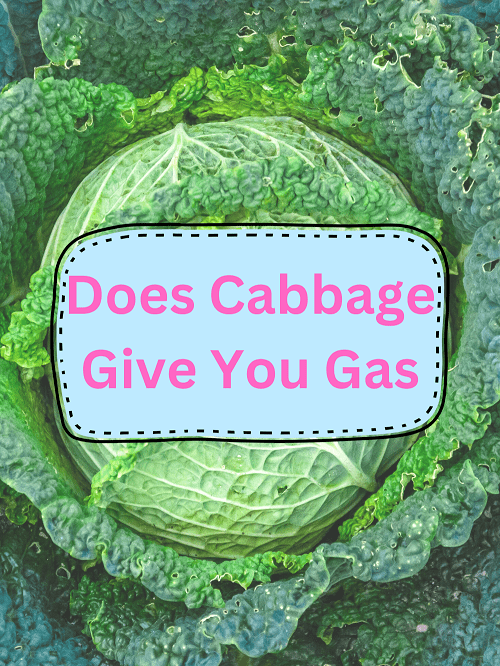
Does Cabbage Give You Gas Facts & Remedies SmoothiesNCookies
OK, meat eaters, do you want the good news or the bad news first? Hey, I know! I'll start with the bad news: In a just-released study, Consumer Reports tested 257 samples of ground turkey from.

T.I. Turkey Giveaway 2014 StraightFromTheA5 Straight From The A
First, try to eat smaller portions of turkey. Second, avoid eating turkey with other gas-producing foods, such as beans, broccoli, and cauliflower. Third, drink plenty of fluids to help flush the protein out of your system. If you still experience gas after eating turkey, you may want to talk to your doctor.

Why Beans Give You Gas YouTube
Some foods can make you gassy. Fruits, certain vegetables, grains, dairy products, and other foods that contain certain types of sugars or fiber can all contribute to intestinal discomfort such as bloating and flatulence.. If gas is a problem for you, knowing which foods are more likely to cause gas can help you determine what to avoid when you need to stay gas-free.
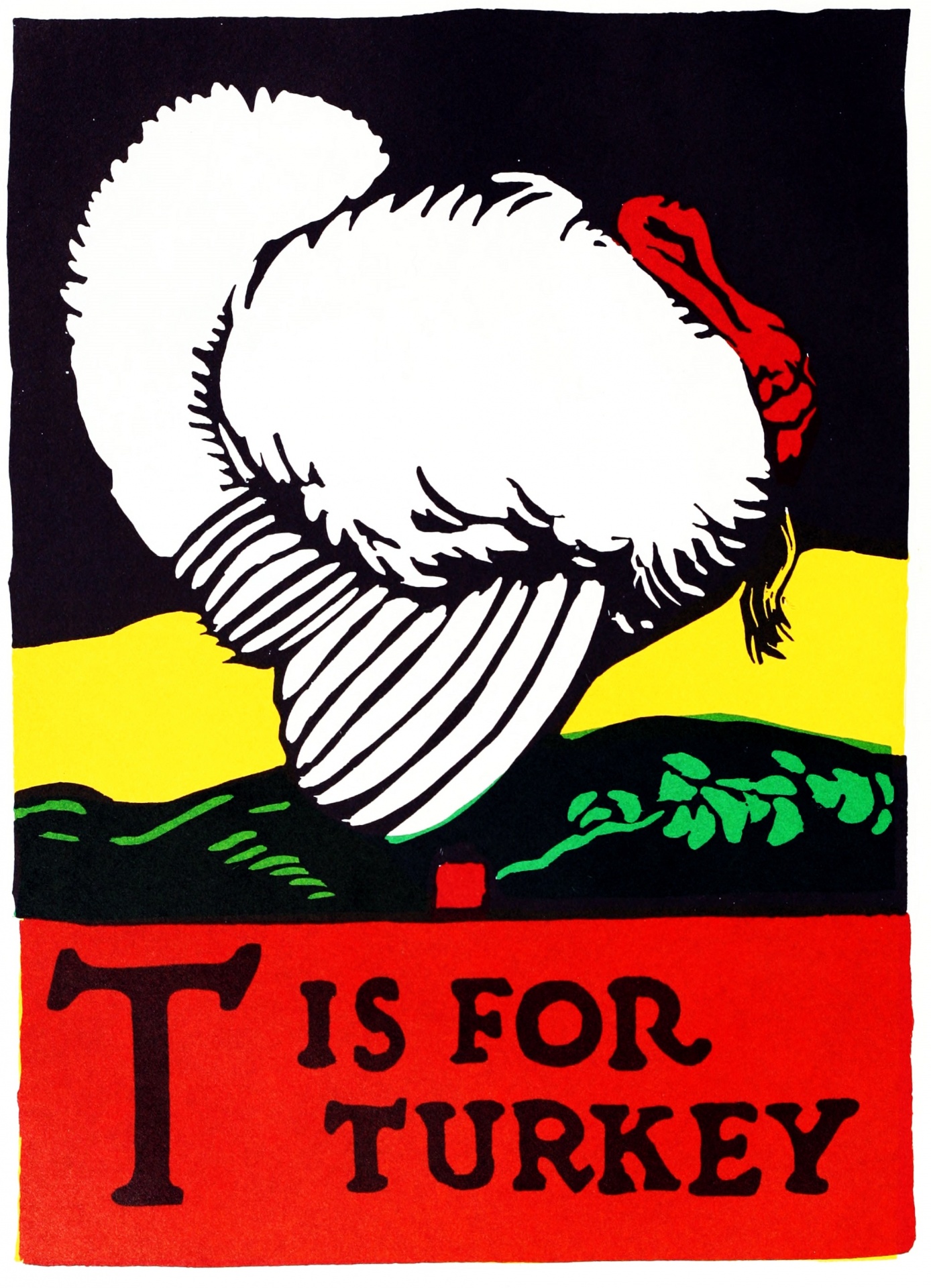
T Is For Turkey ABC 1923 Free Stock Photo Public Domain Pictures
Turkey is a high-protein food, and protein can cause gas. Turkey is also a high-fiber food, and fiber can cause gas. Some people are allergic to turkey, and eating it can cause gas. However, not everyone who eats turkey experiences gas. If you are concerned about gas, you can try eating smaller portions of turkey or avoiding it altogether. If.

C&I Gas Company Indiahoma OK
This is because turkey is a high-protein food, and protein can be difficult to digest. When protein is not digested properly, it can ferment in the intestines and produce gas. There are a few things you can do to reduce the amount of gas you produce when you eat turkey. First, try to eat smaller portions. Second, avoid eating turkey with other.

Gas bear🐻 on Tumblr
To reduce bloating and farting, try including more non-gassy foods in your diet. Non-gassy foods include: Red meat, poultry, or fish. Non-starchy vegetables, such as leafy greens and bell peppers. Fermented foods, such as kefir. Fruits, such as berries, in moderation. Rice, quinoa, or oats. Gluten-free bread or rice bread.

Gas Monkey Foundation Dallas TX
To reduce gas after eating turkey, try eating smaller portions and chewing your food slowly. Drinking plenty of water and staying active can also help aid in digestion and reduce the likelihood of experiencing gas. Can a turkey allergy cause gas? In some cases, a turkey allergy can cause digestive issues such as gas, bloating, and diarrhea.

What Foods Give You Gas? 7 Possible Culprits (and a Cool Gadget)
sorbitol. xylitol. mannitol. erythritol. Sugar alcohols are fermented in the large intestine, and gas is produced as a byproduct, so having lots of sugar alcohols can cause bloating, says Vandana Sheth, RDN, CDCES, FAND, registered dietitian, certified diabetes care and education specialist, and certified intuitive eating counselor. One of the.

Home REEC Radio Personality Host Positive American Youth
Fake sugars, especially processed sorbitol, can lead to symptoms like gas, bloating, urgency, cramping, and even diarrhea, according to a study published in August 2019 in the journal Canadian.